Consider reducing the percentage of revenue from land use conversion
Discussing in groups, the National Assembly deputies agreed on the need to issue a National Assembly Resolution regulating mechanisms and policies to remove difficulties and obstacles in organizing the implementation of the 2024 Land Law. According to the deputies, after more than a year of implementing the 2024 Land Law, a number of limitations, shortcomings and obstacles have been revealed. Therefore, the issuance of a National Assembly resolution will help remove bottlenecks and resolve new problems arising from practice, contributing to the realization of socio -economic development goals, improving the effectiveness and efficiency of land management and use, creating momentum to turn our country into a high-income developed country, in line with new management requirements.
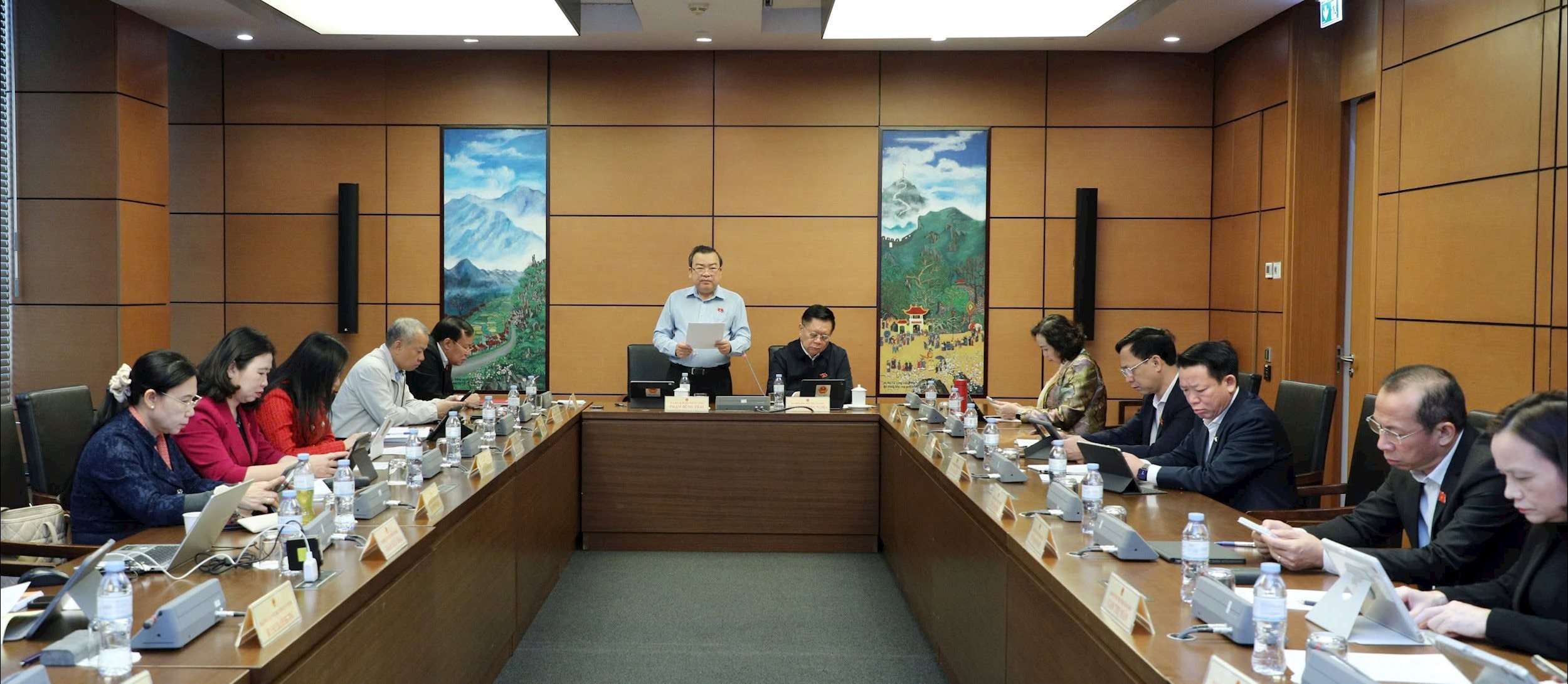
Commenting on the draft Resolution, National Assembly Deputy Mai Van Hai ( Thanh Hoa ) was concerned about regulations related to exemption and reduction of land use fees, land rent, payment of land use fees, land rent when changing land use purposes. This is also one of the problems that many localities and people are concerned about.
Delegate Mai Van Hai pointed out that in the past, when implementing the 2013 Land Law, the land use fee when changing the purpose, especially from garden land, pond land, agricultural land in the same plot of land, was relatively low. People only had to pay 30% of the limit, and 50% for the part exceeding the limit.
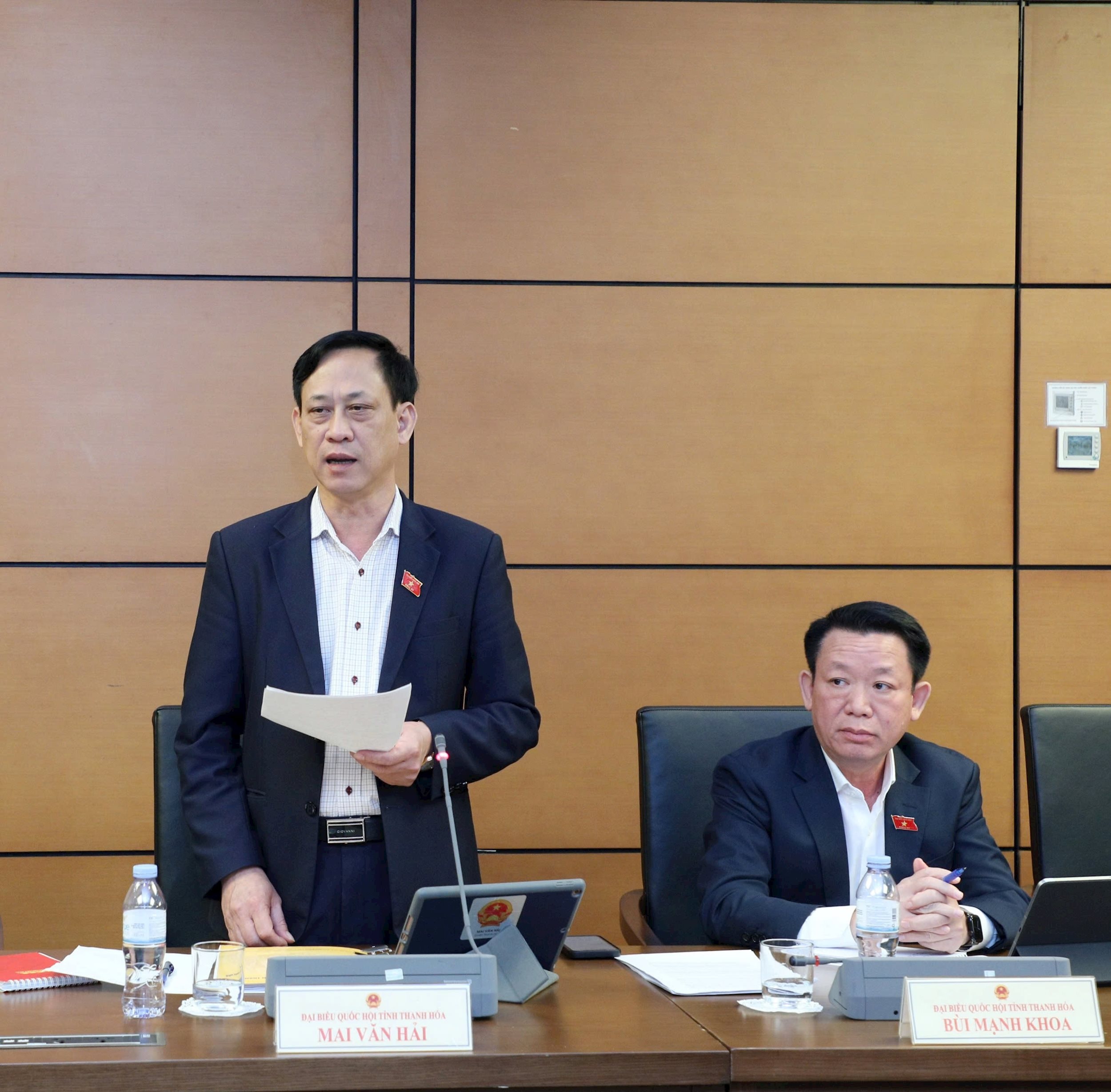
However, according to the 2024 Land Law, people must pay 100% of land use fees when changing the purpose. In the context of the new land price list determined according to market principles with high prices, the amount to be paid has increased significantly. Many households with real needs to build houses or separate land for their children do not have enough financial capacity to do so.
Delegates believe that amending this regulation is correct and necessary, but it is necessary to continue to consider the specific collection level. The draft currently stipulates the collection level of 30% of the difference within the limit, 50% of the difference exceeding the limit by no more than one time the limit, and 100% of the difference exceeding the limit by one time.
Analyzing this issue, the delegate said that the need to change land use purposes mainly appears in rural areas, where many households have difficult economic conditions. Keeping the collection rate too high while the market land price increases sharply will make it impossible for people to pay, easily leading to arbitrary construction without following procedures, causing difficulties for state management.
Accordingly, National Assembly Deputy Mai Van Hai proposed to continue reviewing, evaluating and considering reducing the percentage of revenue from land use conversion. This will create favorable conditions for people when they need to change the purpose or divide the plot for their children; at the same time, ensuring policies are appropriate to the context of very high market land prices.
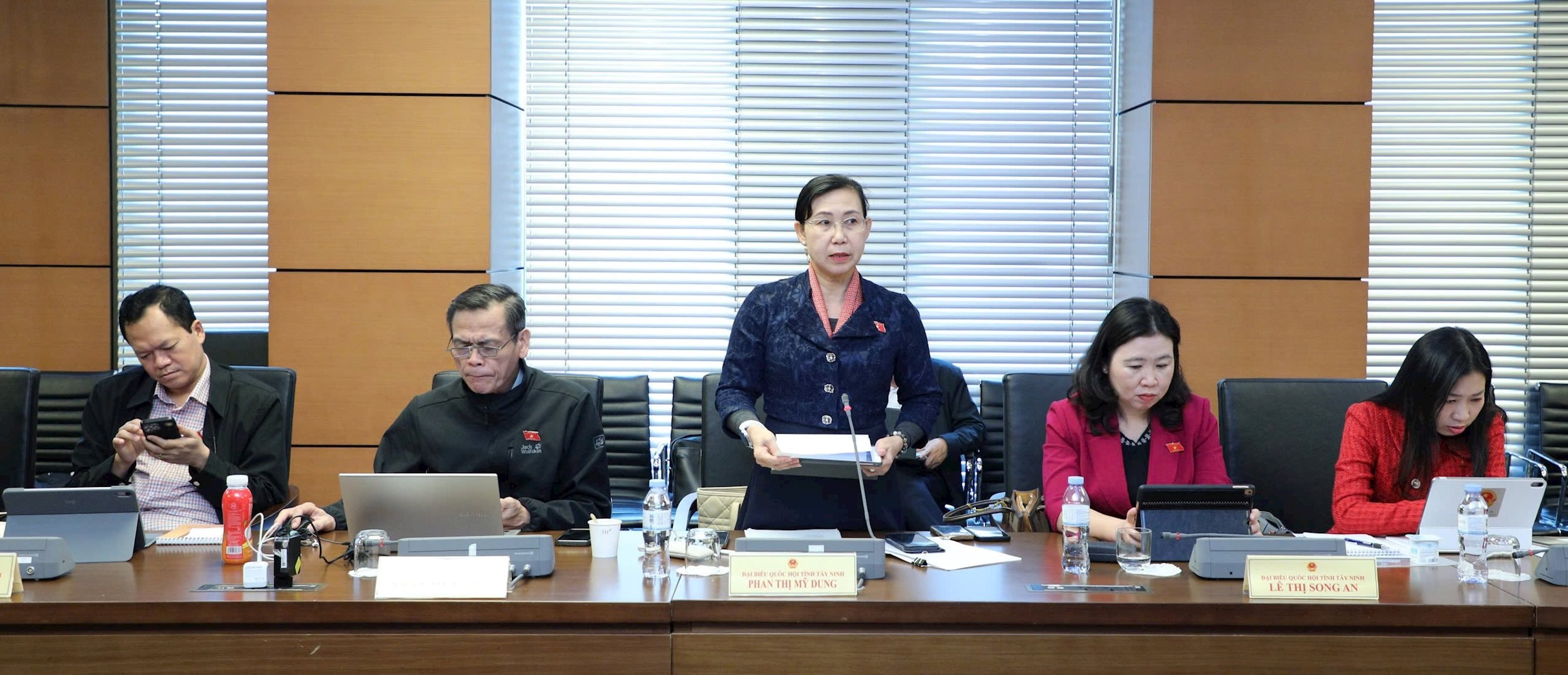
Reducing procedures and risks in land acquisition
In Article 3, the draft Resolution supplements the provision that the State recovers land for socio-economic development for national and public interests in the case of "In the case of using land to implement a project through an agreement on receiving land use rights that has expired the term to complete the agreement or the extension period to complete the agreement has expired, but has agreed on over 75% of the land area and over 75% of the number of land users, the Provincial People's Council shall consider and approve the recovery of the remaining land area to allocate or lease land to the investor".
Regarding this content, National Assembly Deputy Mai Van Hai (Thanh Hoa) said that, in reality, the simultaneous implementation of two mechanisms: the State reclaims land and enterprises negotiate with the people themselves is still problematic. The regulation of the 75% rate may continue to cause difficulties because the remaining area is often the "difficult" part, complicated in terms of order and procedures, and even though the remaining land area is small, the process of asking for the People's Council's opinion is very cumbersome.
National Assembly Deputy Mai Van Hai said that a more comprehensive approach is needed, in line with reality. Because most investment projects serve socio-economic development and national interests, no project goes against the common interest. Therefore, it is necessary to clarify the conditions and criteria for projects that the State takes charge of land recovery, such as projects in the fields of high technology, semiconductor chips, industrial parks, high-tech parks, high-tech agricultural zones, etc. These are projects of a special nature and require rapid progress.
For projects that investors can negotiate with the people themselves, the State should allow enterprises to proactively implement. The rest, most of the projects should be directly recovered by the State, to ensure responsibility, uniformity in unit prices, procedures and minimize problems. If enterprises negotiate the majority themselves, then the State recovers the remaining part, it will be more complicated, easily causing problems with procedures and land prices.
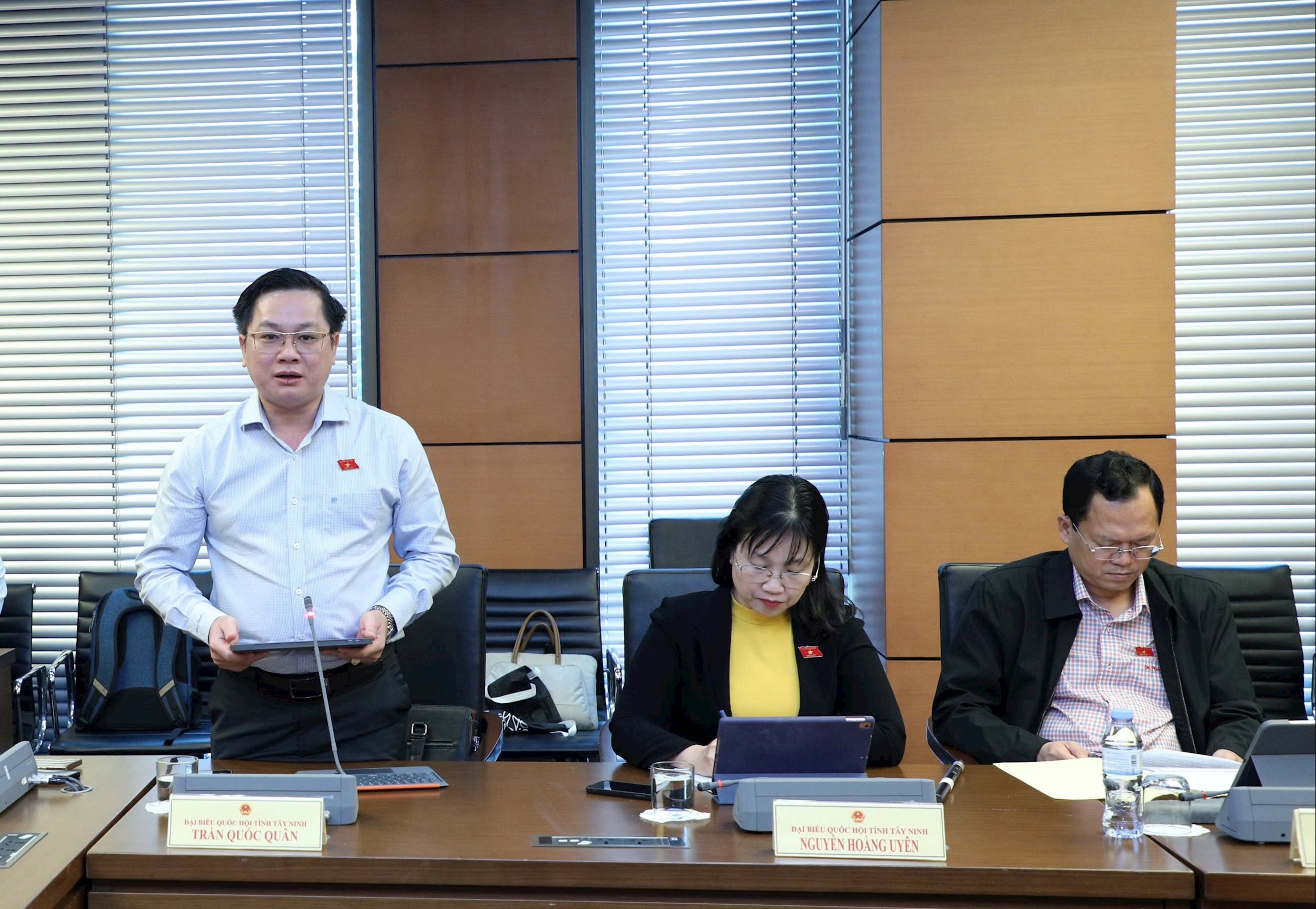
Discussing this content, National Assembly Deputy Tran Quoc Quan (Tay Ninh) also expressed concerns and suggested that the Drafting Committee should clearly state and stipulate that in this case, the State will reclaim land according to the land compensation unit price, which is the average price agreed upon for the transfer of rights between the project owner and the land user, or according to the unit price of the land price list and the land price adjustment coefficient to serve as a basis for unified implementation, avoiding inadequacies and limitations arising in implementation and removing bottlenecks in project delays.
National Assembly Deputy Huynh Thanh Phuong (Tay Ninh) proposed two options: One is to increase the rate to 80-85% of the area or number of land users to ensure higher social consensus, reduce the risk of lawsuits, and still meet the conditions for project implementation. Two is to keep the rate at 75% but with additional conditions that the project can only be considered for revocation when it is an important project, serving the public interest and people's livelihood, and must have an independent appraisal council confirming that the agreement is voluntary, legal, and has no outstanding complaints.
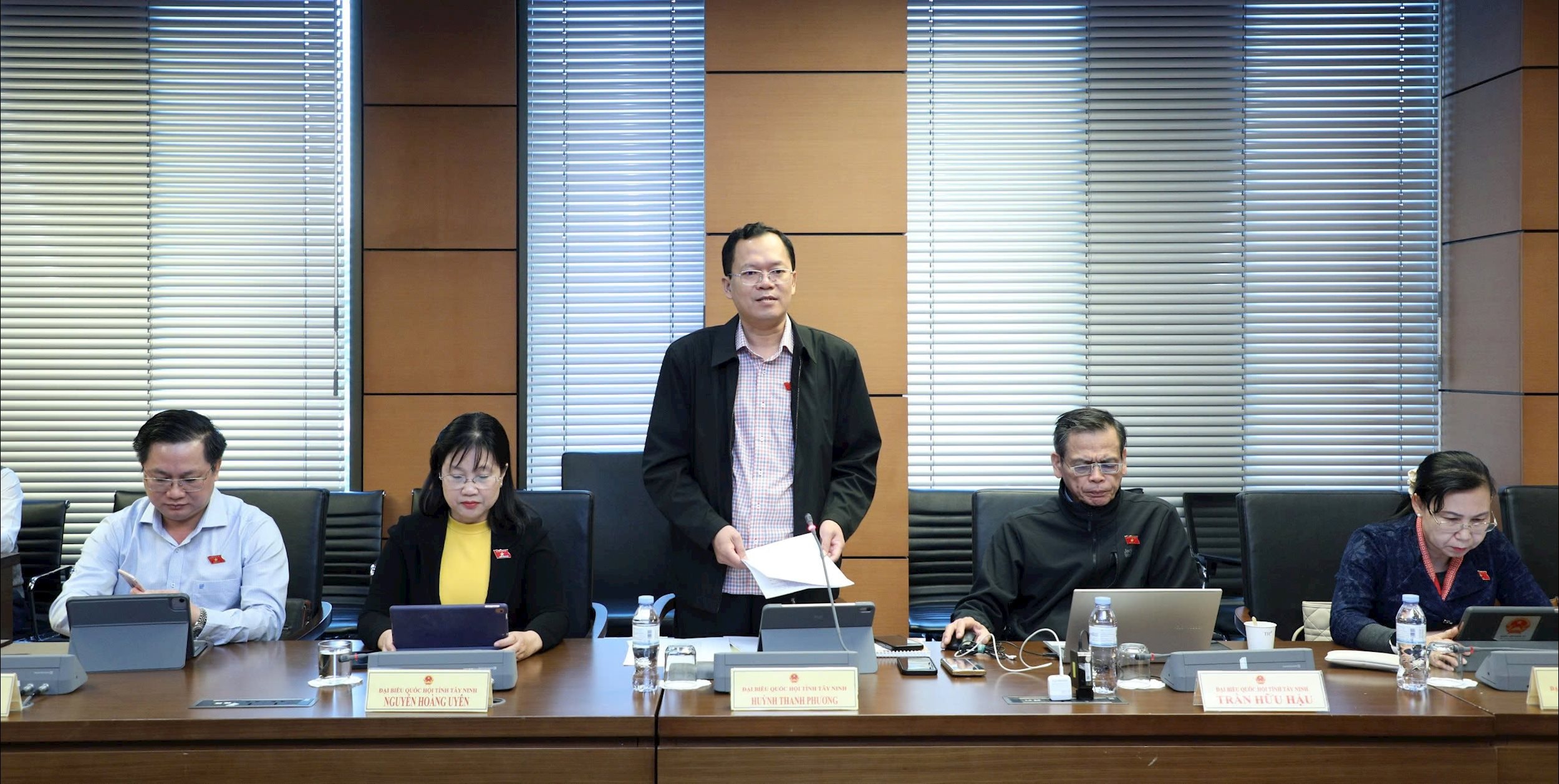
The National Assembly deputies said that this is a policy proposal to remove the "bottleneck" in implementing socio-economic development projects through land use rights agreements. This mechanism creates favorable conditions for investors who have negotiated a large part of the land area but are having difficulty completing site clearance to implement the project on schedule.
However, the National Assembly deputies requested the drafting agency to clarify the basis for proposing the area ratio and the number of people agreeing in the draft resolution. The handling of the remaining land area and the number of people with remaining land must ensure human rights and civil rights according to the provisions of the Constitution; and limit the occurrence of complaints and lawsuits.
“During the discussion in the group, National Assembly member Phan Thi My Dung (Tay Ninh) suggested that in Clause 5, Article 3, it is necessary to clarify the scope of projects that the Chairman of the People's Committee at the commune level has the right to decide on land recovery. Because currently, investment projects are classified by group and by the authority to decide on investment policies (provincial, district, commune level). Because the government model no longer has the district level, the authorities have been adjusted, so it is very important to correctly identify the project group under the authority of the commune level.
In Clause 6, Article 3, the draft resolution gives the Chairman of the People's Committee at the commune level the right to determine compensation prices by taking "similar positions" in the land price list when the compensation position has not been regulated. Delegates said that this regulation is very difficult to implement because determining "similar" depends on many factors (road type, location, shape of land plot, infrastructure, etc.) and exceeds the capacity and professional conditions of the commune level. If the criteria are not clear, the Chairman of the commune will not dare to decide, which can easily lead to problems when submitting to the People's Committee and the Provincial People's Council. Therefore, it is necessary to clarify the criteria or support mechanism to ensure that the regulations are implemented in practice."
Source: https://daibieunhandan.vn/can-nhac-ky-quy-dinh-nha-nuoc-thu-hoi-phan-dien-tich-dat-con-lai-khi-da-thoa-thuan-duoc-75-10396268.html




![[Photo] Next to the "mountain of trash" after the flood, Tuy Hoa residents strive to rebuild their lives](/_next/image?url=https%3A%2F%2Fvphoto.vietnam.vn%2Fthumb%2F1200x675%2Fvietnam%2Fresource%2FIMAGE%2F2025%2F11%2F24%2F1763951389752_image-1-jpg.webp&w=3840&q=75)



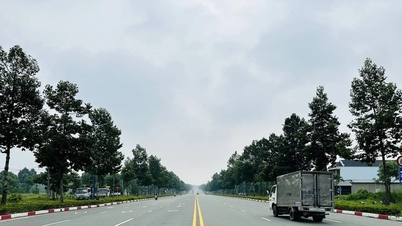

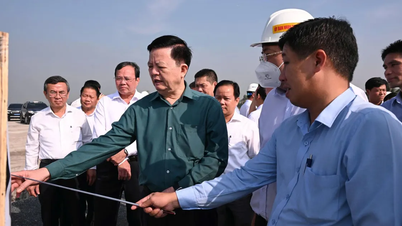

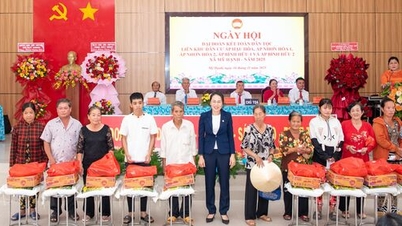

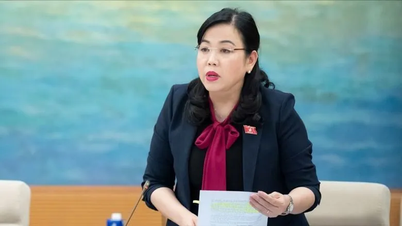



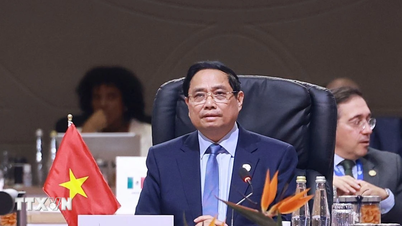

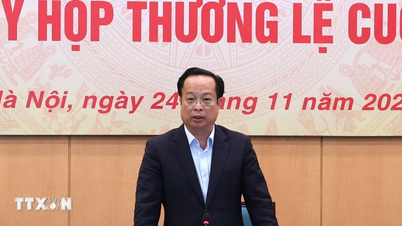
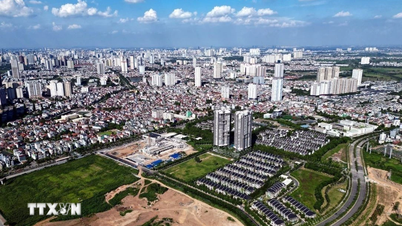
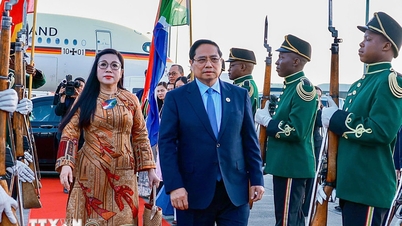
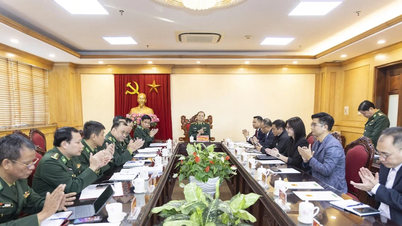

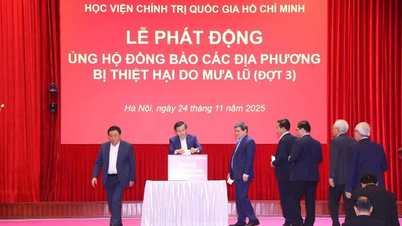




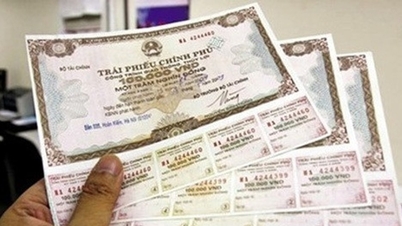
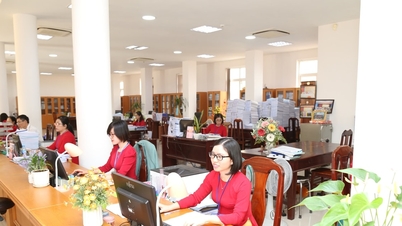


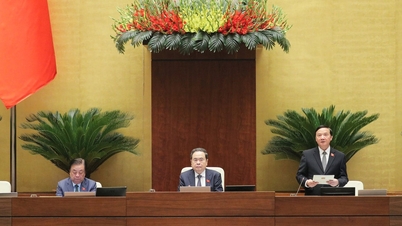


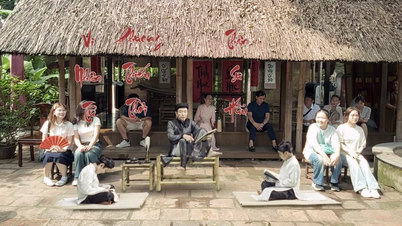
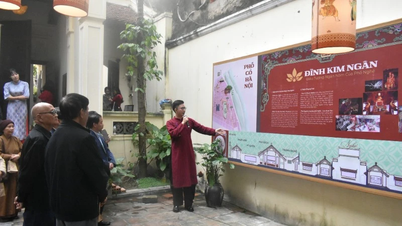




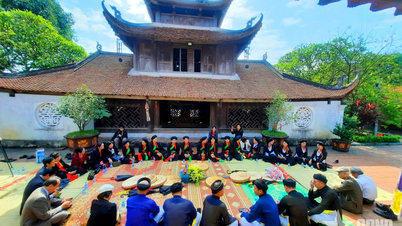



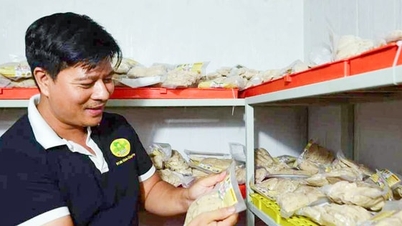










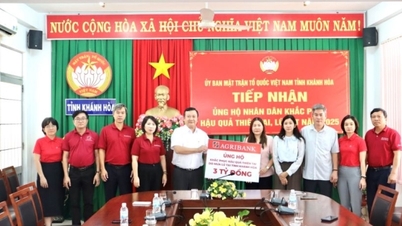

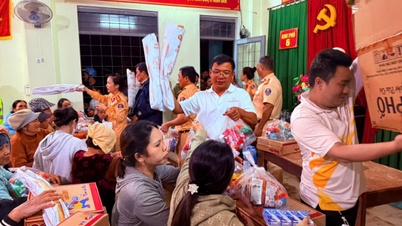

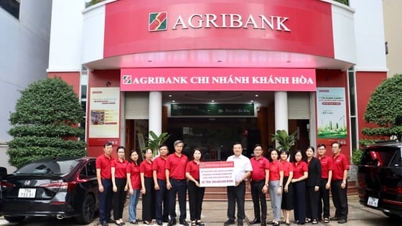







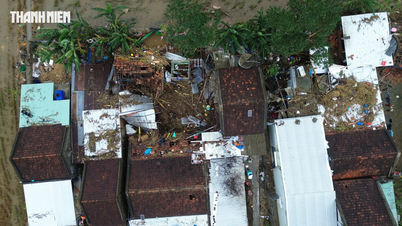


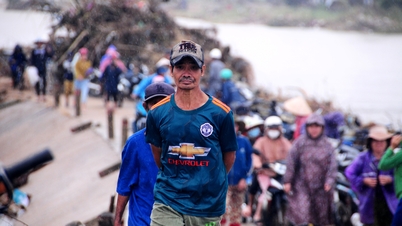
![[Photo] General Secretary To Lam attends the National Conference to review the Party's inspection, supervision and discipline enforcement work in 2025 and the 13th Congress term](https://vphoto.vietnam.vn/thumb/402x226/vietnam/resource/IMAGE/2025/11/24/1763967570884_anh-man-hinh-2025-11-24-luc-13-59-19.png)
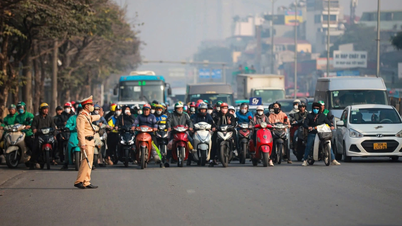
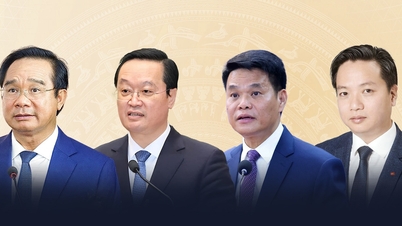
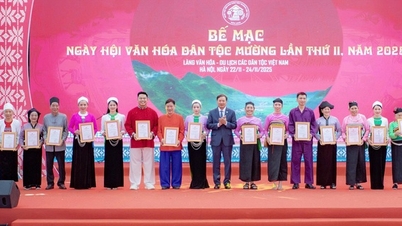

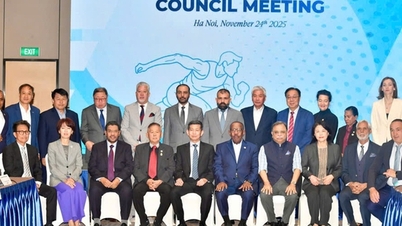

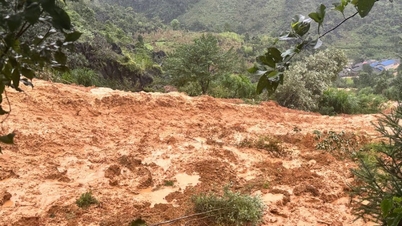

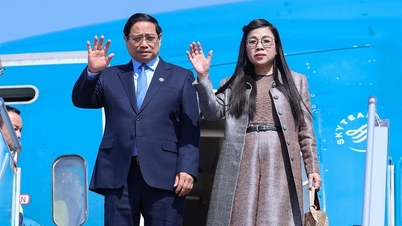
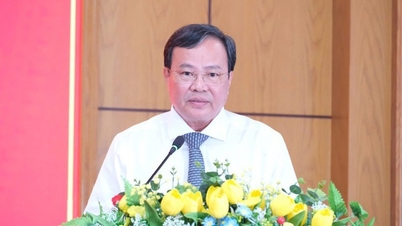
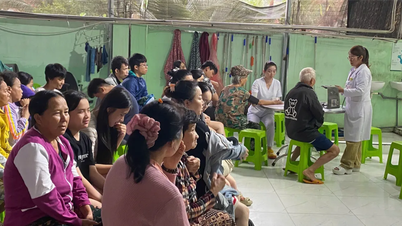
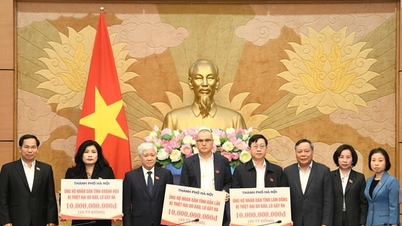
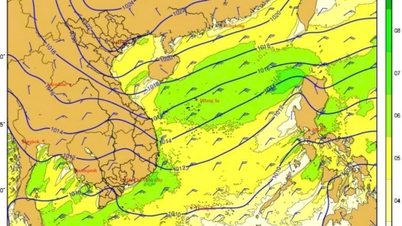

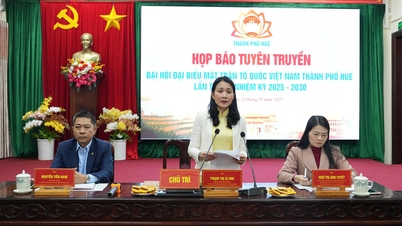

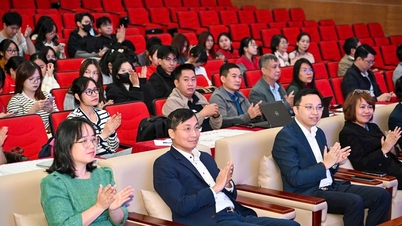

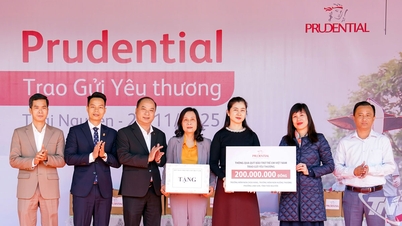













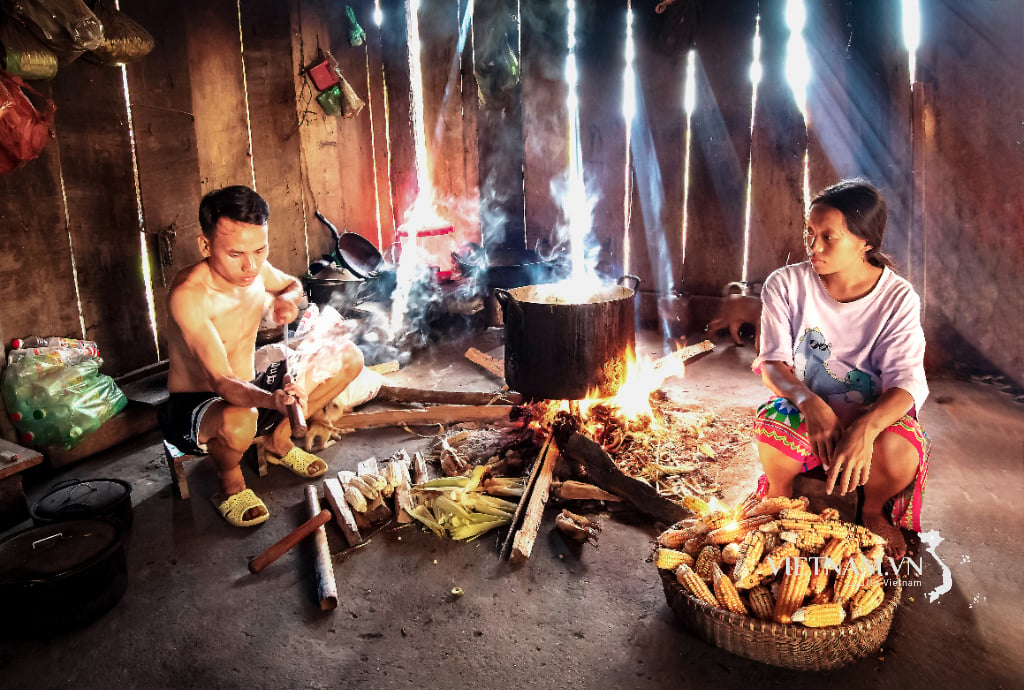
Comment (0)